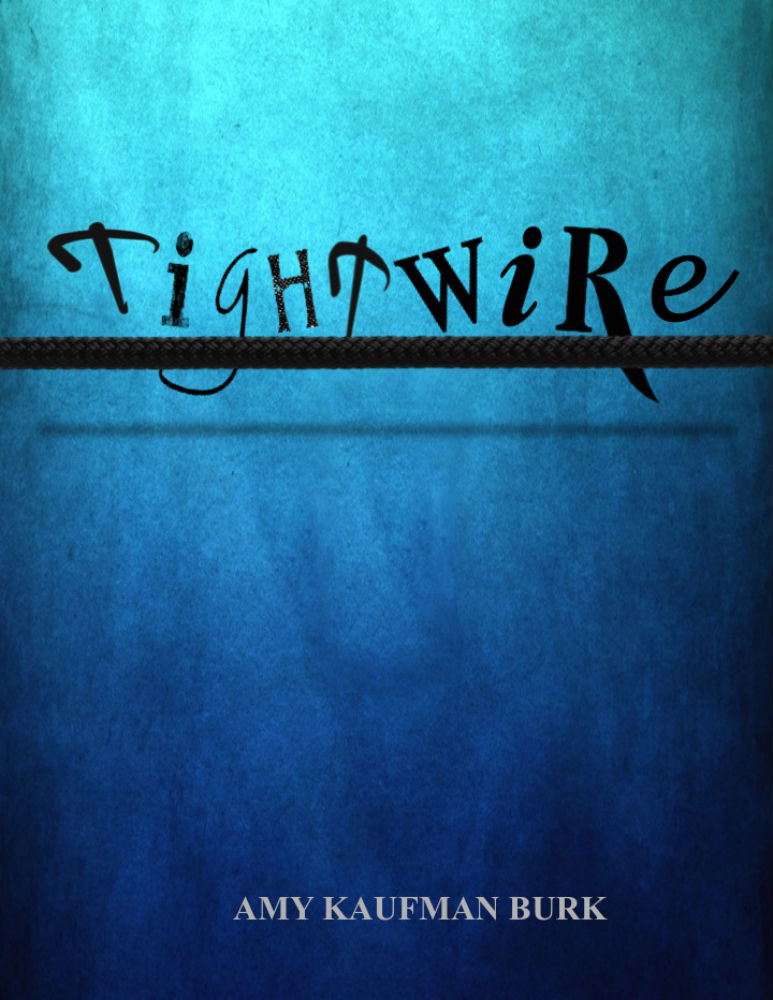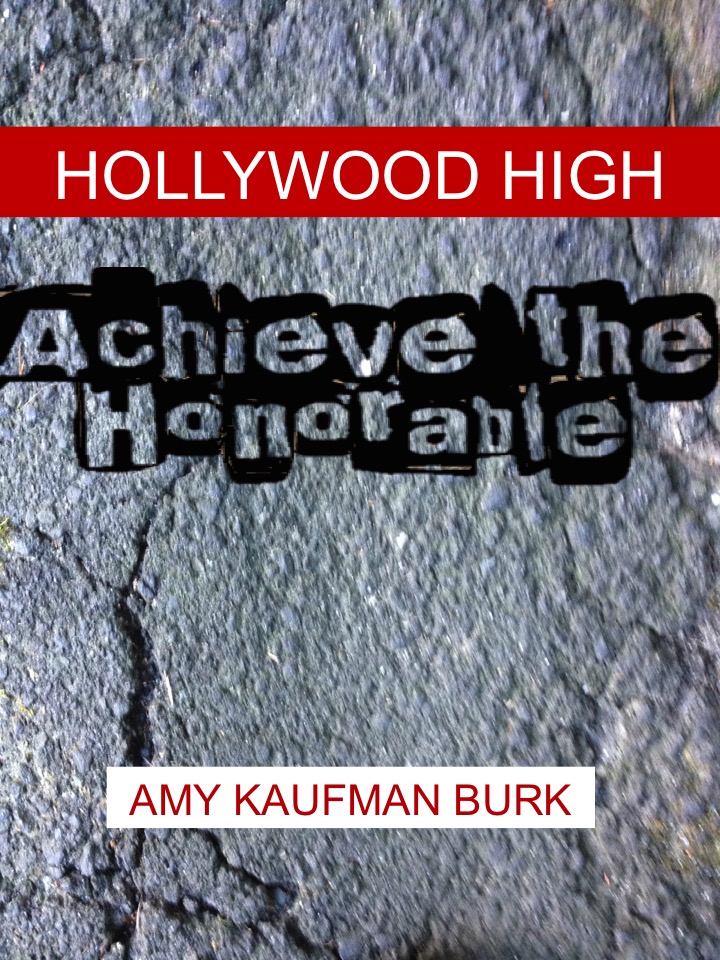Hollywood High School (HHS) was a new frontier. Students spoke over forty languages. No single racial heritage comprised a majority. The economic spectrum stretched from the wealthy homes in the Hollywood Hills to kids living on the streets. Gangs strutted, loud and tough. We spoke different words, ate different foods, wore different clothes, brought different customs into our classrooms.
The year was 1973, and I had transferred from an all-girls prep academy where the students were mainly white, often wealthy, and 100% college-bound. My previous school was gorgeous — lush lawns, tennis courts, swimming pool, state of the art science labs. Although I loved the academics, I felt increasingly restless. I longed for a wider playing field that was more inclusive and diverse. When I insisted on transferring to HHS, my parents were horrified.
On my first day of school, I barely spoke, looking around, eyes wide. Three thousand students shouted in 40+ languages. I was told by my guidance counselor that less than 50% went on to any sort of “higher education” (which included manager training at fast-food restaurants). A permanent layer of crud covered every surface in the classrooms. The lawn in front of the school was parched. The asphalt in our quad was crumbling. Sometimes we had enough books for our classes, sometimes not.
Hollywood High School’s name added an unusual layer of complexity. When adolescents run away, they need a destination. Looking at photos of Hollywood’s red carpet, a teen from a damaged home would never imagine these people ever experienced pain, fear, deprivation. My high school had a significant population of runaway teens. Although disappointed in the gritty reality that quickly replaced the glossy red carpet dream, these students created their own social support network. They signed each other’s field trip permission slips, shared clothing, kept a running discourse on available jobs. My high school provided a community of street kids’ peer foster care.
Hollywood High was a trial-by-fire education, in and out of the classroom. In a learning environment with this degree of diversity, the expected adolescent judgments (also known as the cool crowd) fell away. We came together in an awkward, clunky, Un-united Nations. As a bookish white girl from a large home overlooking the city, I knew within five minutes that churning out A’s wouldn’t be enough. I had no idea how to navigate my way, but even as I floundered, I knew I was in the right place.
During my daily “free period,” I initially took my math homework to the ragged lawn. But I was immediately approached by two men who wanted something I didn’t understand. Both wore heavy gold chains and 3-piece suits, one glittery silver lamé. Both carried beepers, hair slick with tonic, gaudy rings. Although I felt uneasy and strangely angry, I had no idea why. To their credit, they quickly realized that my skills were much too limited in their area of expertise, and we amicably parted ways. It would be years before I understood the near-miss transaction that took place. Such was daily life at Hollywood High.
Still, the encounter left me with a vague anxiety about sitting on the lawn, so I offered to tutor students in math and English, which gave me a classroom during my free periods. Suddenly, to my complete shock, being a nerd was viewed as valuable. I remember the first time a student approached me at lunch, asking for help with math, and it hit me: nobody in my new school judged me for being a brain in overdrive. I began to understand that openness and acceptance were more than abstract concepts for the greater good. They were powerful, empowering, and founded on diversity. Those teens who approached me for tutoring gave me more than they’d ever know.
As a young nerd hitting her stride, I never expected that the biggest influence on my high school years would be the girls basketball team. I was not at all athletic, and joining a sports team had never before crossed my mind. But my new P.E. teacher knew the basketball team needed girls, and she astutely recognized that I needed a team. She sent me to talk to the coach. At practice after school that afternoon, a girl approached, introduced herself, and kindly taught me the meaning of a “zone defense.” She missed the next three practices and was kicked off the team. It turned out she took a job after school. Her family needed money for food. I understood why the team struggled to find enough girls.
Some of the team’s behavior was startling to a prep-school escapee. They cussed with impressive fluency — their language percussive and unprintable — brazenly uninhibited in front of our coach. They crashed into each other as they scrimmaged, and pounded forward with no apology. I obediently did the drills, following instructions, not speaking a word, drawn to their rugged charisma. They were hilariously unholy and the adolescent in me, hidden under layers of mannerly convention and astronomic grades, began to shake off the shackles.
Through the first few weeks, I tiptoed through our scrimmages. Then at the beginning of week three, one of our terrific athletes knocked into me as she ran past. After she scored a basket, she came straight back, hand raised for a high five as she mouthed, “Sorry.” In that moment, I realized my teammates understood their physicality was new to me. I also realized that in spite of my fair skin, blonde hair, polished exterior — I was much tougher than I looked. From deep within, something began to shift.
The turning point in my relationship to the team came after we had won a game at a school known for its violence. The losing team was livid, and their coach warned us not to walk to our bus until a police escort arrived. My teammates banded together, ready for a brawl, each girl picking her target. While they seemed to relish the idea of a battle, I was literally shaking. I wanted the team members’ acceptance so much I could taste it, but I had never thrown a punch in my life. I looked at my hands, and wondered if I had it in me to use my fists as weapons. In that instant, I knew that I couldn’t, and I broke into a full body sweat. I was about to let down my team in their moment of crisis, no doubt while suffering a terrible injury at best, and an excruciating death at worst. I tried to hide my terror, because my teammates verbally eviscerated “cowards.” Then our toughest girl sat next to me, and (to my absolute astonishment) took my hand for a brief second. She grinned harshly, but her voice was soft. She told me that the team knew I “wasn’t used to this sort of thing.” She hit my shoulder lightly, said they’d protect me, and jumped up to punch the air.
A police officer arrived and no violence broke out.
On the bus ride back to Hollywood, the girls asked about my previous school. I described our uniforms — white button-down shirt, gray skirt, knee socks, penny loafers, gold cotton cardigan — and we laughed together at their abject horror. I described the mansions I had visited, some filled with furniture covered in plastic. One girl shook her head, “That’s no fun.” Another added, “That’s no home.” They asked why I left and I answered honestly. I loved my classes, some of my teachers were truly gifted and I missed my friends. But I felt like the walls were closing in on me.
They wondered if I ever wished I could go back. I thought carefully. I had just dodged a melee and barely escaped with my limbs intact. I glanced around our bus — young faces, different shades of pink, brown and gold. Most would graduate high school, a few would disappear. Some would go on to college, some not. Our coach, who was the school’s dance teacher and knew zero about basketball, sat at the front of the bus — lounging in the tutu she wore to every practice and game.
Do you miss it?” the girl repeated.
“I’m okay at Hollywood High,” I answered quietly.
We were all moved, bonded. The moment lasted two seconds. Then one of the girls began singing at the top of her lungs, a song of her own creation, about a series of X-rated acts entirely unknown to me. The rest of the team shouted approval, tossed in their own verses, hormone driven improv.
I grinned. I’m sure they thought I was beaming my approval of their raunchy lyrics. But they were wrong. I smiled because something within me stirred and reached for the light — a quiet confidence, a core validation.
I belonged.


